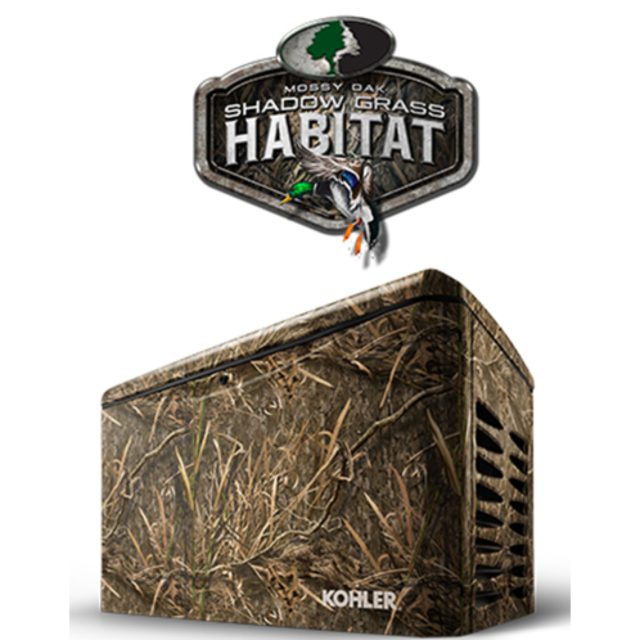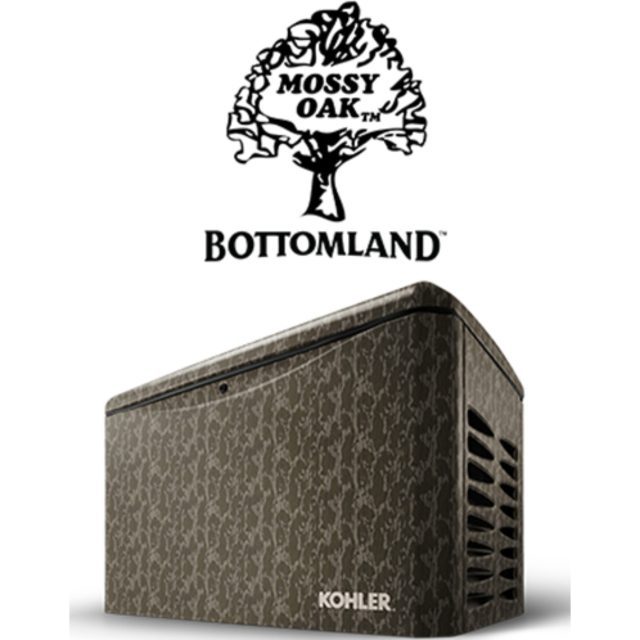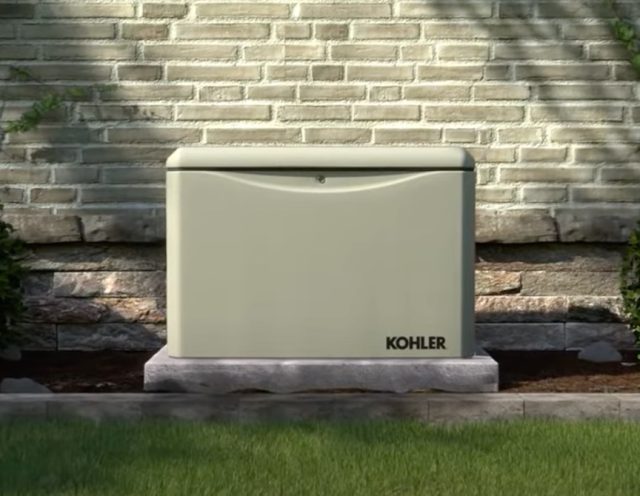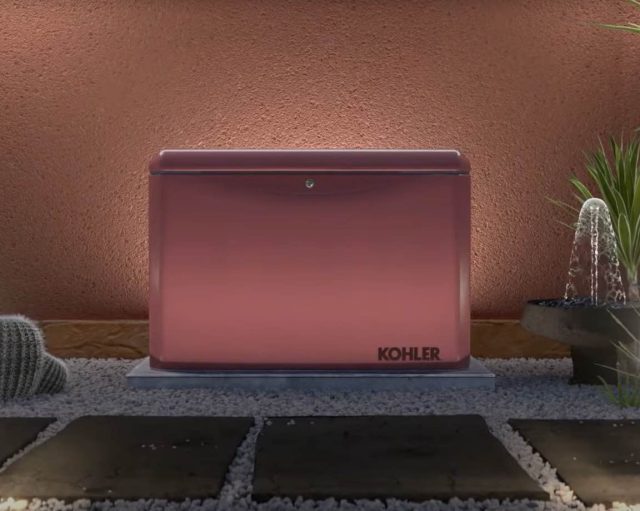







Prior to the Christmas power outage of 2021, Puget Sound Energy had experienced 160 hours of service downtime across its Washington state service areas due to major weather disturbances. The total outage hours were almost three times more than the number of outage hours due to severe weather in 2020. Will that trend continue in 2023? Following the excessive heat of summer weather patterns, none of us should be caught unprepared for what change in the weather have in store. For many of us, the most obvious reason to add a home generator is to keep our refrigerators and freezers running smoothly to avoid food spoilage. But increasingly, the utility of having your own power on hand is critical to your home office if you work from home or telecommute. Perhaps most important is the need to prevent the outage of any necessary medical devices. The question to ask yourself: What are the necessities you need power for and for how many days? A generator would help keep your sump pump running, even if bad storms and rain have caused an outage, thereby protecting your home from flooding. If you or anyone in your home relies on electronic medical devices, a generator could very well be a lifeline for in-home health maintenance or monitoring. Once installed, you won’t need to lift a finger to activate this appliance, whether you’re home or not!
One Call Does It All!
8.00 AM – 4.30 PMA DefenDERR against Power Outages to Protect What Is Most Important!
Let Derr Install a Whole House Standby Generator
What will you protect?
Here is a short list of reasons we hear from our customers for installing an automatic standby generator…Preventing Flooding. Powering A Sump Pump.
Powering and Charging Your Home Office
Powering Electronic Medical Devices
Any type of medical device that requires electricity to operate is at risk in the case of a power outage. Having a generator, however, will keep these devices working smoothly.Powering Well Water
If your home’s water is supplied by well water, you already know that the water stops flowing when the power is out. It might even get brown and rusty. To make sure you always have running water that’s drinkable (and flushable!), try getting a generator.Immediate Power Restoration
Usually plugged directly into a natural gas line (or a propane tank), these home generators work with your home’s existing transfer switch and will activate mere seconds after detecting a power outage. Standby home generators don’t require fresh fuel or any external fuel storage at all.What To Look for in Buying a Generator
Installation Requirements
If you’re still asking yourself, “Should I get a generator?” then it’s probably time to consult the experts at Derr Heating for specific details.
